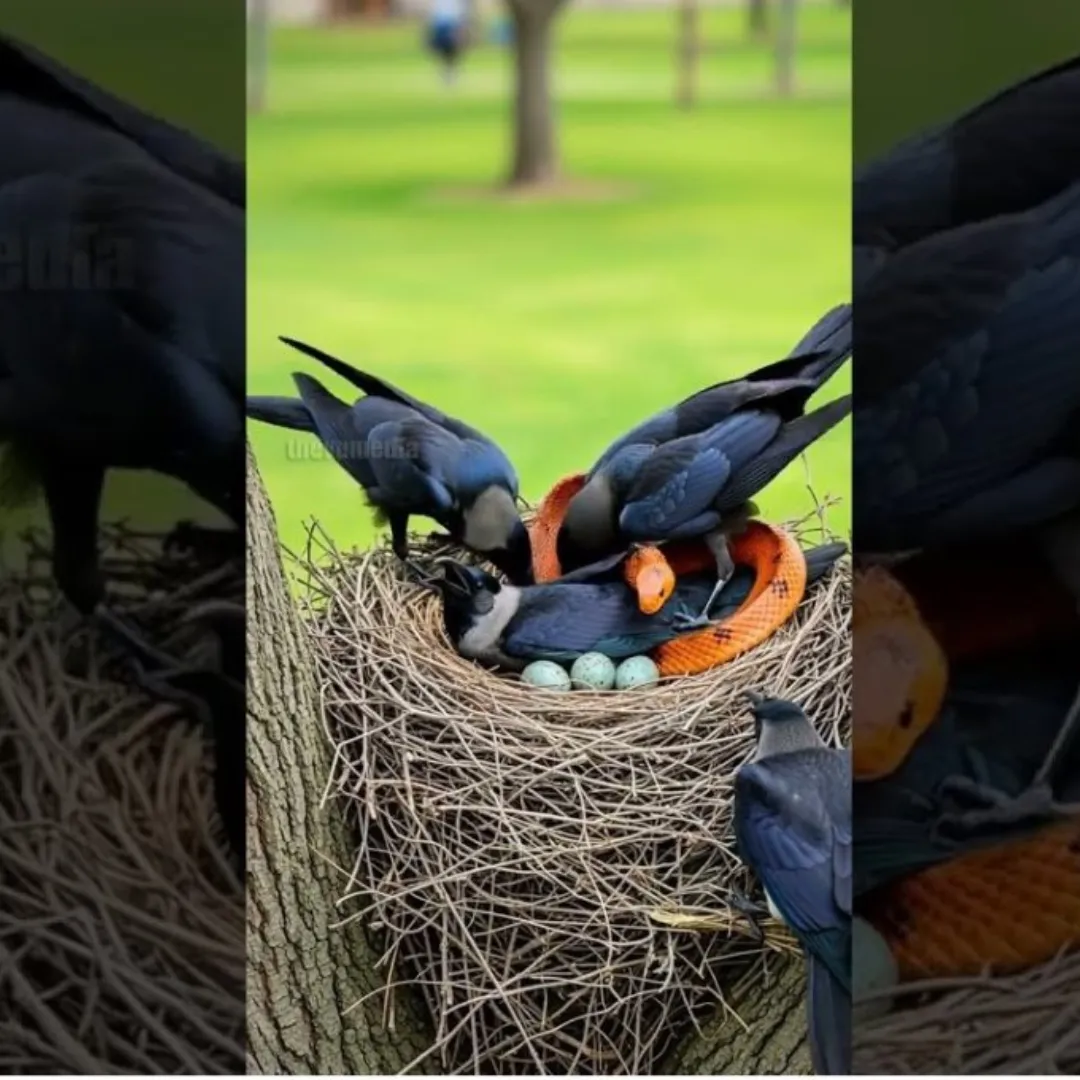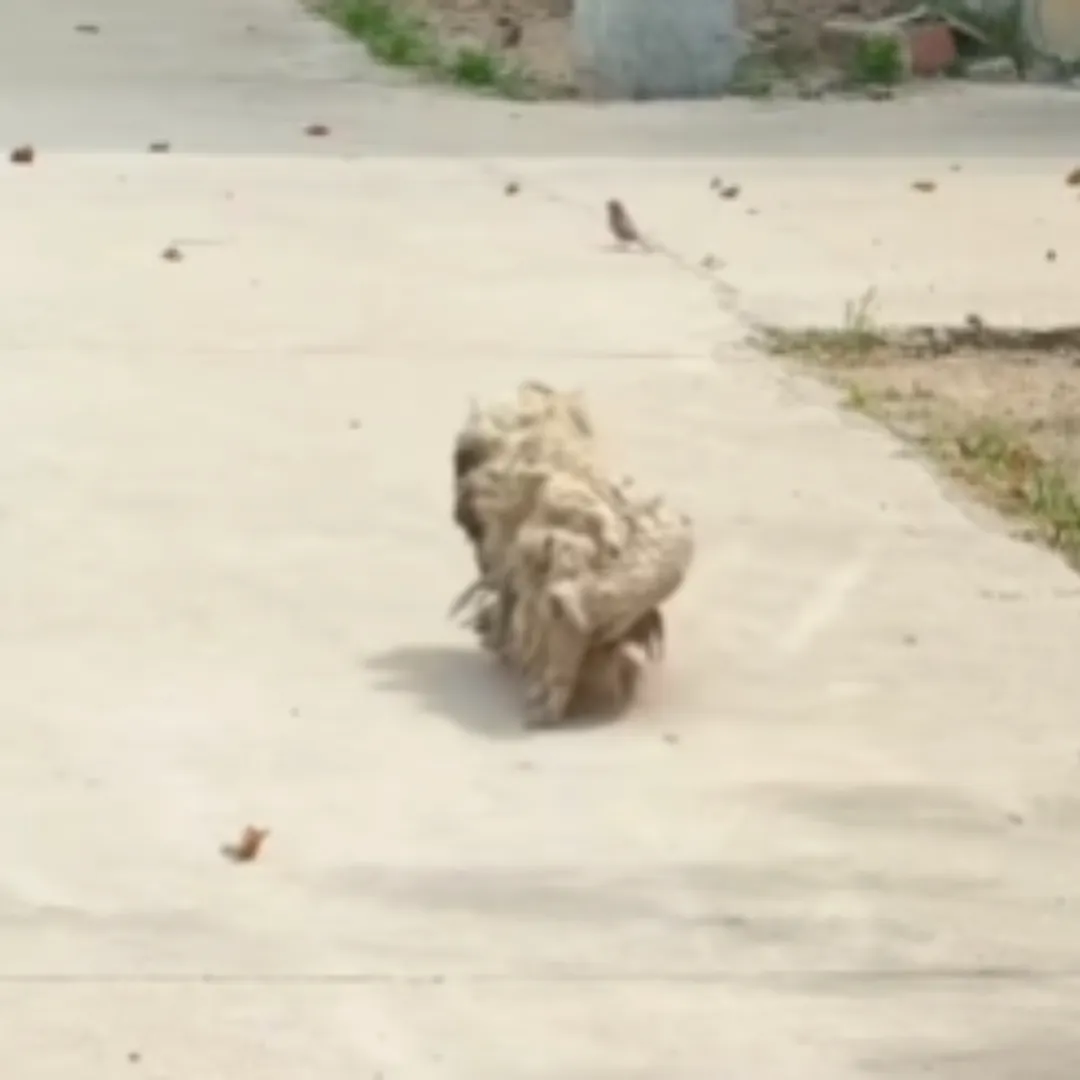
In July 2021, during a performance at Rolling Loud Miami, rapper DaBaby made a series of homophobic remarks that would quickly spiral into one of the biggest controversies in the music industry.
At the festival, DaBaby urged the crowd to raise their phones if they were not HIV-positive or if they weren’t “gay men sucking d*** in the parking lot.” His comments were immediately met with backlash from fans, activists, and fellow artists alike, with many pointing out the harmful stereotypes and dangerous stigma he perpetuated.
The controversy would go on to significantly impact DaBaby’s career, leading to his removal from several major music festivals, distancing from brands, and condemnation from fellow musicians such as Dua Lipa and Elton John.
The controversy surrounding DaBaby’s remarks is not just a momentary lapse in judgment by an artist. It speaks to larger, deeply ingrained issues within hip-hop culture and society’s ongoing struggle with HIV stigma, homophobia, and the lack of accountability within the music industry.
Though DaBaby issued multiple apologies following the backlash, many viewed them as insincere or insufficient in addressing the harm his words had caused.
What followed was a public reckoning, not only for DaBaby as an artist but for the culture he represents, sparking crucial conversations about how the music industry handles issues of accountability, equality, and the treatment of marginalized communities.

The incident unfolded during DaBaby’s performance at Rolling Loud Miami, where he made the controversial comments in the middle of his set. What was meant to be a casual remark to engage the crowd quickly turned into a firestorm when he targeted HIV-positive individuals and gay men, perpetuating harmful stereotypes about both groups.
The rapper’s comments were not only deeply offensive to LGBTQ+ communities but also to those living with HIV, a group that already faces widespread discrimination and stigma.
It was a stark reminder that homophobia and HIV stigma are still prevalent in hip-hop, a genre that, despite its evolving culture, has long been critiqued for its exclusion of LGBTQ+ voices and its often hostile environment toward queer individuals.
Almost immediately after the performance, the backlash began to flood in. Fans and activists took to social media to call out DaBaby for his comments, highlighting the harm they could cause, particularly to young LGBTQ+ people and those living with HIV.
The remarks were not just offensive—they were seen as irresponsible and dangerous. The global HIV/AIDS epidemic has taken a heavy toll on LGBTQ+ communities, and perpetuating misinformation and stigmatization about HIV continues to hinder efforts to combat the virus and offer support to those affected.

In light of this, DaBaby’s comments were seen as a setback for the progress that had been made in educating the public about HIV and LGBTQ+ rights.
However, it wasn’t just activists and fans who criticized DaBaby. Fellow artists and public figures also voiced their disapproval. One of the most high-profile rebukes came from Dua Lipa, who had previously collaborated with DaBaby on the hit song “Levitating.”
In response to his comments, Lipa took to social media to express her disappointment, stating that she was “surprised and horrified” by DaBaby’s remarks and that she stood with the LGBTQ+ community.
The condemnation from Lipa, a pop star with millions of fans, added significant weight to the call for DaBaby to be held accountable for his words.
In a similar vein, music icon Elton John, a long-time advocate for LGBTQ+ rights and HIV awareness, publicly denounced DaBaby’s remarks, calling them “disgusting” and reiterating the importance of fighting HIV stigma.
The impact of the comments was not limited to celebrity reactions. Several major festivals, including Lollapalooza and the Governors Ball, swiftly dropped DaBaby from their lineups, making it clear that his remarks had no place in their events.
This was a significant blow to the rapper’s career, as major music festivals are a primary avenue for exposure and success in the industry. Additionally, various brands, such as BoohooMan, severed ties with DaBaby, further highlighting the cost of his words.

The financial consequences were immediate, and the industry’s quick action in distancing itself from him sent a message that such behavior would not be tolerated in mainstream music.
In the face of widespread criticism, DaBaby issued multiple apologies, but many felt that his responses lacked sincerity and a true understanding of the gravity of his remarks.
Initially, his apologies seemed to downplay the severity of the situation, as he dismissed much of the criticism as “cancel culture.” This only further fueled the outrage, with critics arguing that DaBaby had failed to take full responsibility for his actions.
Over time, however, the rapper did release a more genuine apology, expressing regret for his remarks and acknowledging the harm they had caused. But for many, it was too little, too late.
The damage had already been done, and the lack of accountability for his initial statements left a lingering question: Should artists be held accountable for their words, and to what extent should their career be impacted by their public behavior?
The entire incident brought to the forefront a broader discussion about the culture of hip-hop and its treatment of LGBTQ+ individuals. Hip-hop, once considered a bastion of resistance and empowerment, has often struggled with inclusivity, particularly when it comes to LGBTQ+ rights.
:max_bytes(150000):strip_icc():focal(749x299:751x301)/dababy-1-6435d29c56c64c34bd9be6b09e6f320a.jpg)
The genre’s historically homophobic and misogynistic lyrics have been well-documented, and while there has been progress in recent years—especially with the rise of queer hip-hop artists like Lil Nas X and Saucy Santana—homophobia still runs deep in parts of the industry.
DaBaby’s remarks, then, were not an isolated incident but part of a larger pattern of behavior that many feel needs to be addressed within hip-hop culture.
The conversation surrounding DaBaby’s comments also raised important questions about the role of accountability in the music industry. Artists who make offensive statements or engage in harmful behavior often face criticism, but how often is that criticism followed by tangible consequences?
In the case of DaBaby, the music industry did take action, with festivals and brands distancing themselves from the rapper. However, the broader issue remains—how can the music industry create lasting change when it comes to combating homophobia, racism, and misogyny?
While cancel culture has its critics, the DaBaby incident serves as a reminder that accountability must be an essential part of the conversation about inclusivity and respect in the industry.

The situation also serves as an important moment of reflection for the hip-hop community. While there have been strides made toward greater inclusivity in recent years, DaBaby’s remarks show that there is still much work to be done.
If the industry is truly committed to change, it must reckon with the cultural issues that persist, particularly when it comes to LGBTQ+ rights and HIV stigma.
Hip-hop has the power to influence the hearts and minds of millions, and as the genre continues to evolve, it must work toward creating a space where all individuals are treated with respect and dignity.
In the end, the controversy surrounding DaBaby’s remarks is more than just about one artist’s comments—it is about the broader cultural shift that is taking place in the music industry. It is about recognizing that the fight for equality and respect is ongoing, and that the music industry has a responsibility to take a stand against hate and discrimination.
DaBaby’s apology, whether viewed as sincere or not, is a reminder that artists must be held accountable for their words and actions, especially when they perpetuate harmful stereotypes. If the industry is to move forward, it must continue to grapple with these issues and ensure that inclusivity and respect are at the forefront of its culture.

-1751344142-q80.webp)

